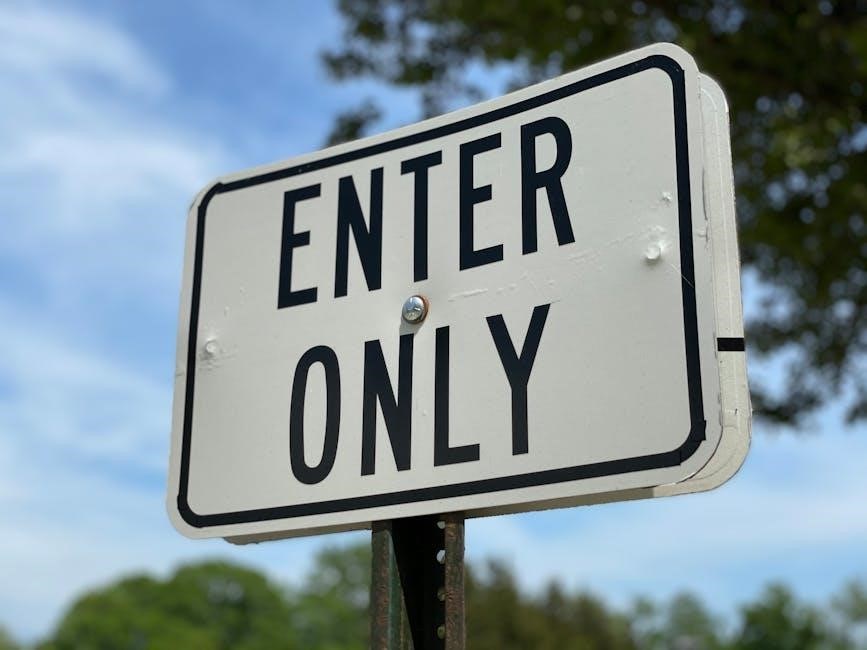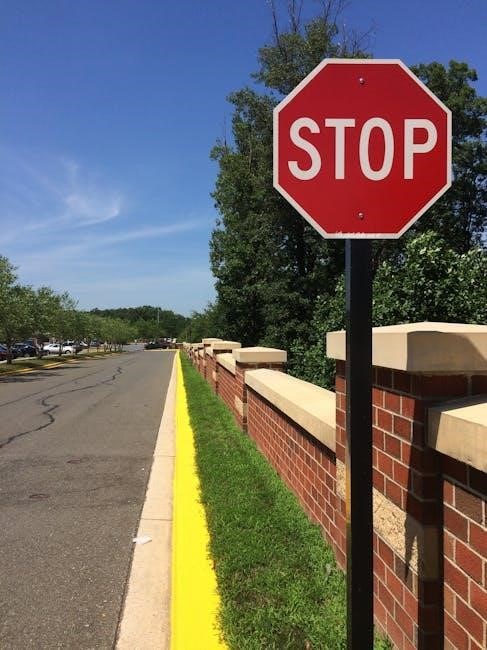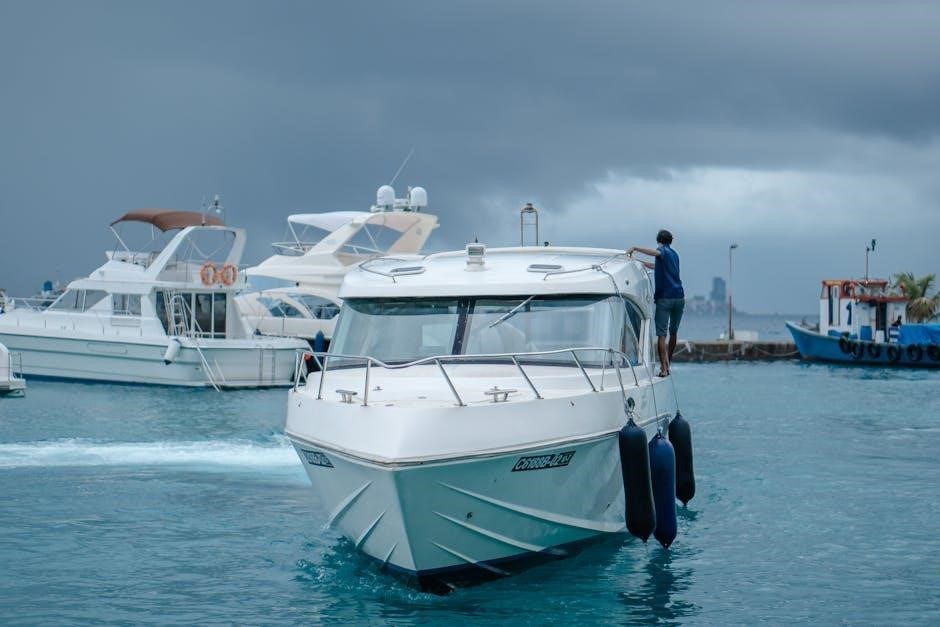Private clubs in Pennsylvania must follow specific rules and regulations, including maintaining records and compliance with state laws, as outlined in the Pennsylvania Consolidated Statutes and PLCB guidelines always carefully.
Maintaining Club Records and Compliance
Maintaining accurate and complete club records is essential for private clubs in Pennsylvania to ensure compliance with state laws and regulations.
The Pennsylvania Liquor Control Board requires private clubs to maintain specific records, including membership lists, meeting minutes, and financial statements.
These records must be kept up to date and made available for inspection by authorized personnel.
Additionally, private clubs must comply with health and safety regulations, including obtaining a valid Health License for catering operations.
The club’s by-laws and rules must also be followed, and regular meetings must be held to ensure the club is operating for the mutual benefit of its members.
By maintaining proper records and complying with regulations, private clubs in Pennsylvania can avoid penalties and ensure a smooth operation.
The club’s management and members must work together to ensure compliance with all applicable laws and regulations.
This includes staying informed about changes to laws and regulations that may affect the club’s operations.
Overall, maintaining club records and compliance is crucial for the success and longevity of private clubs in Pennsylvania;
Club Operations and Membership Benefits
Private clubs in Pennsylvania offer various benefits to their members, including access to exclusive events and facilities.
The club’s operations are typically managed by a board of directors or management team, which oversees the day-to-day activities and ensures the club is running smoothly.
Members of private clubs in Pennsylvania can enjoy perks such as dining, entertainment, and recreational activities, depending on the club’s amenities and services.
The club’s membership benefits may also include discounts, promotions, and priority access to events and facilities.
Private clubs in Pennsylvania often have a strong sense of community, with members sharing common interests and socializing with one another.
The club’s operations and membership benefits are designed to provide a unique and enjoyable experience for members, while also fostering a sense of belonging and camaraderie.
Overall, private clubs in Pennsylvania offer a range of benefits and amenities that enhance the overall member experience.

Private Club Laws and Regulations in Pennsylvania
Private clubs in Pennsylvania are governed by state and local laws, including the Pennsylvania Liquor Code and PLCB regulations always and carefully enforced.
State and Local Laws Regulating Private Clubs
Private clubs in Pennsylvania are subject to various state and local laws, including the Pennsylvania Liquor Code, which regulates the sale and service of alcohol. The Pennsylvania State Police, Bureau of Liquor Control Enforcement, is responsible for enforcing these laws. Local ordinances may also apply, and clubs must comply with zoning and land use regulations. The Pennsylvania Consolidated Statutes provide guidance on the laws and regulations governing private clubs, including those related to licensing, operation, and membership. Clubs must also comply with federal laws, such as the Americans with Disabilities Act, and ensure that their facilities are accessible to all members and guests. By understanding and complying with these laws, private clubs in Pennsylvania can operate successfully and provide a safe and enjoyable environment for their members. This requires careful attention to detail and a commitment to following all applicable laws and regulations.
Alcohol Service in Private Clubs
Private clubs in Pennsylvania are permitted to serve! alcohol to their members and guests, provided they comply with the Pennsylvania Liquor Code. The code regulates the sale and service of alcohol, including hours of operation and serving limits. Clubs must also ensure that their alcohol service is limited to members and their guests, and that they do not sell alcohol to the general public. The Pennsylvania State Police, Bureau of Liquor Control Enforcement, monitors compliance with these regulations. Clubs must maintain accurate records of alcohol sales and service, and ensure that their staff is properly trained in responsible alcohol service practices. By following these guidelines, private clubs in Pennsylvania can provide a safe and enjoyable environment for their members while also complying with state laws and regulations. This requires careful attention to detail and a commitment to responsible alcohol service practices. Clubs must always prioritize the safety and well-being of their members.

Games of Chance and Licensing in Private Clubs
Licensing and regulation of games of chance in private clubs are strictly controlled by Pennsylvania state laws and regulations always and carefully every day.
Policy and Regulation of Games of Chance

The policy and regulation of games of chance in private clubs are outlined in the Pennsylvania Consolidated Statutes, which declare that all phases of licensing, operation, and regulation be strictly controlled.
The laws and regulations regarding games of chance are strictly construed and rigidly enforced by the state.
The Pennsylvania State Police, Bureau of Liquor Control Enforcement, is responsible for enforcing the laws related to games of chance in private clubs.
The regulations aim to ensure that games of chance are conducted fairly and honestly, and that the proceeds are used for legitimate purposes.
Private clubs must comply with the regulations and obtain the necessary licenses to conduct games of chance.
The regulations also specify the types of games that are permitted and the conditions under which they can be conducted.
Overall, the policy and regulation of games of chance in private clubs are designed to promote fairness, honesty, and responsible gaming practices.
The regulations are subject to change, and private clubs must stay up to date with the latest requirements to ensure compliance.
By following the regulations, private clubs can provide a safe and enjoyable gaming experience for their members.
Licensing and Operation of Games of Chance
To operate games of chance, private clubs in Pennsylvania must obtain the necessary licenses and permits.
The licensing process involves submitting an application and paying the required fees.
The club must also demonstrate that it meets the eligibility requirements and complies with the regulations.
Once licensed, the club must operate the games of chance in accordance with the rules and regulations.
This includes ensuring that the games are conducted fairly and honestly, and that the proceeds are used for legitimate purposes.
The club must also maintain accurate records and submit reports as required.
The Pennsylvania State Police, Bureau of Liquor Control Enforcement, is responsible for enforcing the laws and regulations related to games of chance.
Private clubs must comply with the regulations to avoid penalties and fines.
By obtaining the necessary licenses and operating the games of chance in compliance with the regulations, private clubs can provide a safe and enjoyable gaming experience for their members.
The licensing and operation of games of chance are subject to change, and private clubs must stay up to date with the latest requirements.

Club Facilities and Events
Private clubs in Pennsylvania have facilities for events, tournaments, and contests, with specific rules and regulations governing their operation always in place carefully;
Food Concessions and Catering in Private Clubs
Private clubs in Pennsylvania that offer food concessions and catering services must adhere to specific rules and regulations, including maintaining a valid Health License. The Pennsylvania Liquor Control Board guidelines outline the requirements for catering clubs, which must charge and collect dues from members in accordance with club by-laws. Many private clubs in the state provide food concessions and catering services to their members and guests, and these services are subject to certain regulations. The clubs must operate for the mutual benefit of the entire membership and hold regular meetings to discuss matters related to food concessions and catering. Additionally, the clubs must comply with all applicable laws and regulations, including those related to health and safety, to ensure that their food concessions and catering services are provided in a safe and healthy environment. The rules and regulations governing food concessions and catering in private clubs in Pennsylvania are designed to protect the health and safety of members and guests.
Events, Tournaments, and Contests in Private Clubs
Private clubs in Pennsylvania are allowed to conduct events, tournaments, and contests on their premises, as long as they are in conformance with applicable laws and regulations. The Pennsylvania State Police, Bureau of Liquor Control Enforcement, is responsible for enforcing liquor laws in the state, including those related to events and tournaments. Private clubs may host self-sponsored events and tournaments, and may also participate in external events, as long as they comply with all relevant rules and regulations. The events and tournaments must be conducted in a manner that is consistent with the club’s by-laws and purposes, and must not violate any state or local laws. The rules and regulations governing events, tournaments, and contests in private clubs in Pennsylvania are designed to ensure that these activities are conducted in a safe and responsible manner, and to protect the interests of club members and guests. Private clubs must ensure that all events and tournaments are properly licensed and regulated.
Enforcement of Liquor Laws in Pennsylvania
The Pennsylvania State Police, Bureau of Liquor Control Enforcement, is responsible for enforcing liquor laws in the state. This includes ensuring that private clubs comply with all relevant laws and regulations related to the sale and service of liquor. The Bureau of Liquor Control Enforcement conducts regular inspections and investigations to ensure that private clubs are operating in accordance with the law. Private clubs must maintain accurate records and comply with all reporting requirements to avoid penalties and fines. The enforcement of liquor laws in Pennsylvania is designed to protect the public and ensure that private clubs operate in a safe and responsible manner. The Pennsylvania State Police work closely with other agencies to enforce liquor laws and prevent underage drinking and other liquor-related offenses. By enforcing liquor laws, the state can help to prevent alcohol-related problems and promote public safety. Private clubs must cooperate with law enforcement agencies to ensure compliance with liquor laws.